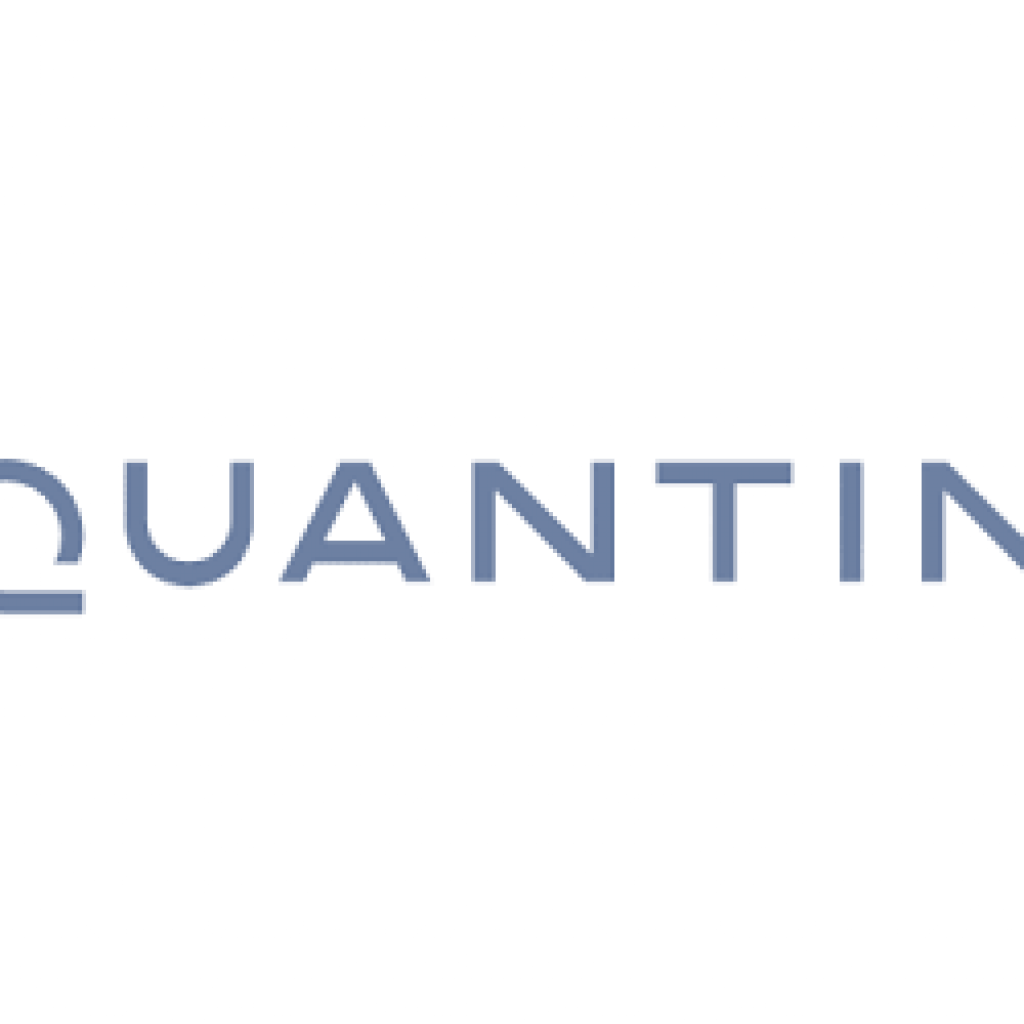(ZDNet) Stephanie Condon, , recently Quantinuum’s work with industry partners to develop InQuanto, the quantum chemistry software platform that’s now available. IQT-News summarizes below.
The standalone platform is built around a core set of quantum algorithms and has a series of tools and capabilities to help chemists get past the challenges that currently come with quantum computing. It’s designed for industrial chemists — whether they are just starting to investigate what quantum can do for their business or they already have a specific use case in mind.
“The aim of the tools is to really help them start to develop their quantum use cases,” Jenni Strabley, Quantinuum’s senior director of offering management, said to ZDNet. “It’ll be some time before the quantum hardware is capable of solving these problems better than a classical computer, but it’s important for industries to get started early…”
InQuanto is a Python-based platform with four main capabilities. First, it lets users easily mix and match quantum algorithms with different subroutines and noise mitigation techniques. Chemists can create custom quantum workflows tailored to specific use cases by putting these elements together.
The platform also offers advanced noise mitigation techniques developed in partnership with chemistry-specific customers. This is key for using current quantum machines.
Next, InQuanto uses fragmentation techniques to break down large, industrially-relevant systems into smaller fragments that can run on today’s small-scale quantum machines. This can help customers like TotalEnergies, for instance, break down metal-organic frameworks into smaller systems that can be simulated with quantum machines. It could also help pharmaceutical companies break down complex drug-protein interactions.
Lastly, the platform uses Quantinuum’s open-source Python toolkit TKET to reduce the computational requirements for electronic structure simulations. TKET can take a customer’s algorithm or code and target it to different backend systems. In other words, customers can use Quantinuum’s H-series hardware, quantum machines from other providers, or simulation platforms from providers like Microsoft or AWS.
<https://www.zdnet.com/article/quantinuums-new-platform-brings-quantum-chemistry-to-industry/>
Sandra K. Helsel, Ph.D. has been researching and reporting on frontier technologies since 1990. She has her Ph.D. from the University of Arizona.
